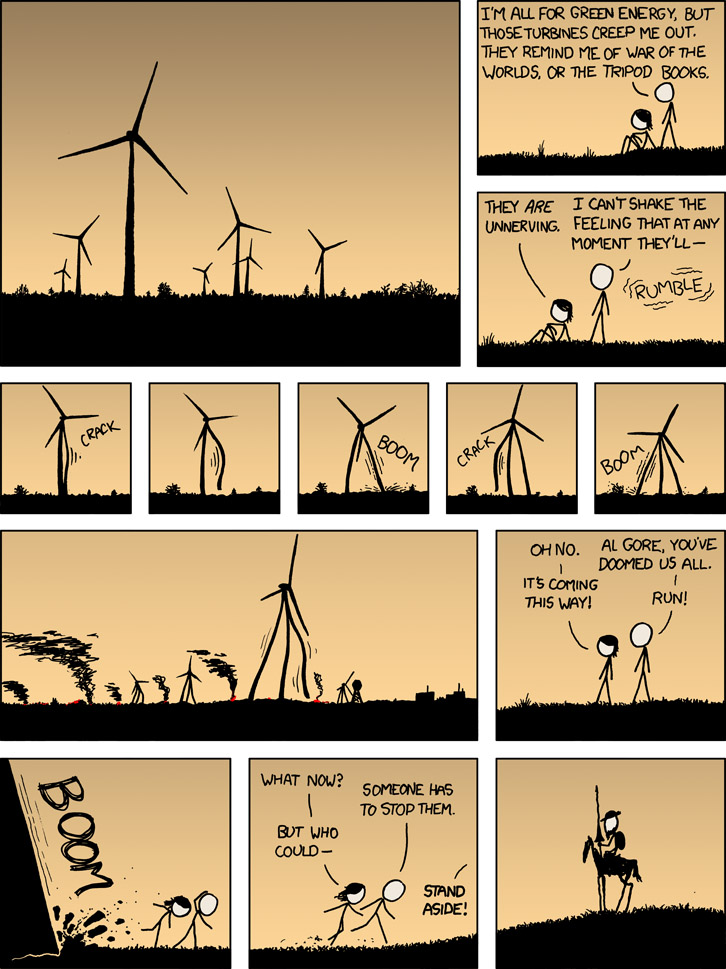Slideshare #16
in which our hero encounters a collection of presentations and ultimately relflects upon the couragous deeds of chivalry
In the past I have stumbled accross slideshare from links from presentations. This was the first time that I have used it as a resource. Being an avid autodidact, I am always looking for new resources for my next project. So I selected three topics to evaluate this collection.
- Computer things - I am on a mission to make myself more computer aware, recently this has covered markup languages, mainly XML. I found lots of presentations from beginner to advanced by searching XML and other related key words.
- Maths things - Another project is learning about the branch of mathematics called set theory, which was loosely covered in my maths lectures as an economics student. The resources I found here were very basic and only seemed to cover notation, perhaps this flaw is the nature of slides being summaries.
- Literature things - I found the resources even more sparse as I continued into the more abstract realms of literature. Although a search for the great Don Quixote de la Mancha did throw up this great presentation, which puts real life landscapes to the quintessentially Spanish novel.
Above all I am impressed by the international nature of slideshare; my searches returned presentations in English, French, Italian, and Spanish. For a moment I felt part of an international community, which was nice.
Wikis #17
in which our knight errant faces his most stressful demons to date
Wikis are scary. It's fun playing with content but it's scary when it is something that everyone has contributed to and there is the possibility of deleting things forever. I added my blog to the 23things section of the UK library blogs. I write and edit my blog posts in html because I like the control that it gives me but editing the "source" was too scary. So I tried entering html with the <a href="..."> bit but it left a box with JavaScript, which was also scary. In the end I just left the http://... address in the fear that doing otherwise would break it!
Delicious #18
in which the fraught dealings with Wikis are put to rest as our hero emerges triumphant
I've had a Delicious account for a while now but never used it. After I got rid of the handful of ancient links and got started afresh I realised that I had found something very handy indeed. Working on a handful of computers scattered hither and tither throughout the land means that I make frequent use of email drafts to save nuggets of interest and while I have tried things such as evernote and delicious before I have never really been able to keep up.
This time I put the effort into organising and maintaining my delicious account for a week and I am impressed by the results. I like the search facility a lot. A lot. Sad I know but I like the ability to filter by tags as well as by tag exclusion as well as the graph for tags added by time. I will definitely be using this in the future.
Thanks to Delicious leading me to yet another apt comic from xkcd.
Evernote
an addendum quest which acts as a clever little moment for reflection on the week
Evernote is a lovely little tool that I have been using for a while but as with some of the things from this programme it is probably most effective for people who are very organised. I am not. I pick things up and put them down without finishing them. I am not synced. I don't have all of my applications up to date and nor do I want to. My concentration is fickle and I like it that way. I carry hundreds of notes and lists written down on scraps of paper and while Evernote is probably the perfect tool for organising everything I find it requires a patience that I don't really have. I suppose it's a matter of habit, like writing a diary, which is something else I've never been able to maintain.
